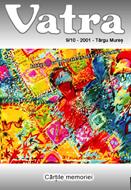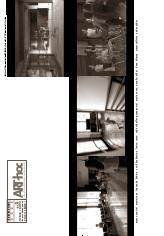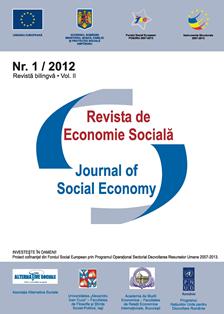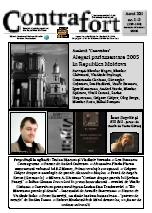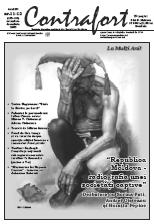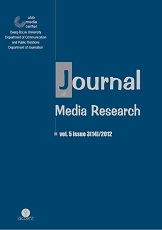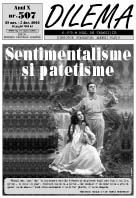Working for Glossies. A case study on young magazine journalists in Romania
Author(s): Romina Surugiu / Language(s): English
/ Issue: 14/2012
Keywords: journalists; magazines; working conditions; qualitative research
In Romania, in the context of the concentration of media ownership
and resources in very few hands, and in the context of a post-communist
media lacking a tradition of media regulation and journalistic standards,
young journalists face difficulties in magazines desks, as well as in other
type of media editorial offices (newspapers, television, radio etc.). The paper
(part of a larger postdoctoral research, within POSDRU/89/1.5/S/62259,
University of Bucharest) will present an account on the working conditions
of young Romanian magazine journalists. The theoretical background of
the research explores the critical views on creative labour and decline of
journalists’ status in the 21st century informational society. We also take
into account the critical approach on magazine journalists, considered to
be practicing a “smiling profession” (John Hartley, 2000), an extension
of the PR and advertising world.
The research is based on 20 semi-structured interviews related to work
procedures, wages, professional standards, and professional organizations.
The in-depth dialogue with journalists is considered by contemporary
researchers to deliver a better understanding of the everyday practices
in newsrooms. In addition to the interviews, data from previous research
papers on journalists situation in Romania will be also be used (Coman,
2004, Surugiu& Radu, 2009, Vasilendiuc, 2010 inter al.).
Young journalists do not usually have a firm work contract: they are
paid within the “copyright agreement” framework (they get paid only if
they deliver feature stories or news). As the profession has become more
technology-ridden, young journalists are expected to be computer proficient,
to deliver content for print magazine and its online version, in the same
time, for the same amount of money. Nevertheless, the interviews showed
that young journalists do not consider important to belong to a professional
organization or union, as they share an individualistic approach on work,
in spite of their praise for teamwork.
Jobs at magazines have many desirable characteristics: an artistic side, a
flexible work program, a certain level of autonomy, editorial independence,
recognition. Many people are eager to work in a creative and stimulating
environment. However, the research showed that young magazines
journalists in Romania work under precarious conditions (long hours –
over 60 hours per week, on low wages, and under the continuous pressures
from advertising and PR agencies).
More...

